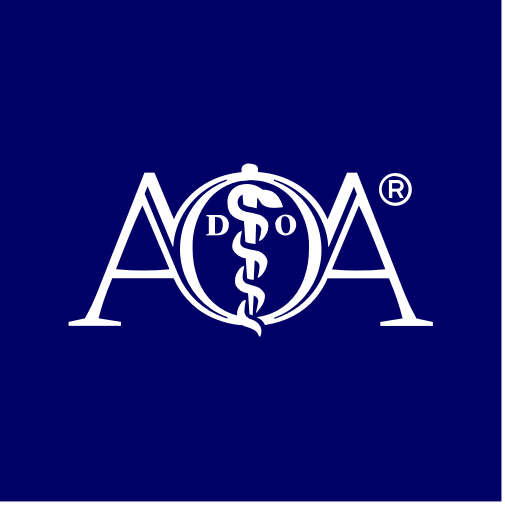
COURSE CREDITS & HOURS
16 AMA PRA Category 1 Credits™16 ACPE Credits
16.0 Contact Hours
COURSE FEES
TARGET AUDIENCE
PROGRAM PURPOSE
- Dementia
- Participants will Evaluate and treat patients with various types of Dementia
- Osteoporosis
- Participants will know the criteria to evaluate for osteoporosis and initiate treatment for the primary prevention of fractures
- Hospice and Palliative Care
<
- Participants will be able to join the TEAM process and strategies of both Hospice and Palliative Care, which they can incorporate into their practice
- Impaired Healthcare Professionals
- Participants will recognize Impaired Health Care Professionals and their obligations for reporting.
- Common Outpatient Problems in Primary Care
- Participants master some common conditions that can easily be managed by Primary Care Providers as an outpatient.
- Case Studies in Primary Care
- Participants will analyze some unusual presentations of interesting medical conditions along with some alternative treatments.
- Choosing Wisely
- Participants will identify an International program with a mission of justifying the elimination of some "unnecessary" medical testing and procedures.
- Health Promotion: Encouraging a Healthy Body, Mind, and Spirit
- Assess the patient’s current state of physical, psychological, and spiritual health
- Analyze the patient current dietary and exercise practices
- Discuss an individualized health-promotion strategy for the patient.
- “Oh, My Aching Head”: Managing Migraine, Tension, and Cluster Headaches
- Explain the classification of headaches
- Discuss the appropriate use of brain imaging in evaluating patients with headache
- Describe the appropriate use of abortive and preventive medications in the treatment of migrane
- “What Goes Up Must Come Down!”: Diagnosis and Management of Hypertension
- Describe the appropriate measurement and classification of hypertension
- Discuss the laboratory testing and imaging needed to diagnose common causes of secondary hypertension
- Describe the major classes of anti-hypertensive treatment and discuss the type of patient likely to benefit from each class of medication.
- "Get Me Out of Here!": Panic Disorder and Agoraphobia in the Primary Care Setting
- Elicit and assess symptoms of panic disorder and agoraphobia
- Apply appropriate lifestyle modification and stress management skills, including muscle relaxation, breathing control, thought-stopping, and cognitive restructuring
- Somatoform Disorders: Illness as a Way of Life
- Recognize the key symptoms, signs, and clinical presentation of somatizing patients
- Define the concept of “alexithymia” (the inability of some patients to express emotion in verbal terms)
- Develop an effective management strategy for somatizing patients.
- Enhancing Clinician-Patient Communication: Becoming a Healer
- Distinguish the technical, biomedical aspects of clinician’s role from the personal and psychosocial aspects of care
- Describe specific attitudes and values needed to create a healing environment with patients
- Apply techniques for establishing and maintaining rapport with patients and enhancing clinician-patient communication.
- The Faith Factor: Practicing Spiritually- Sensitive Care
- Elicit a spiritual history in an ethically-appropriate manner
- Analyze the physiologic, psychological, social, and lifestyle effects of religious beliefs upon health outcomes
- Describe the spectrum of possible interventions available for addressing patients’ spiritual needs.


















































